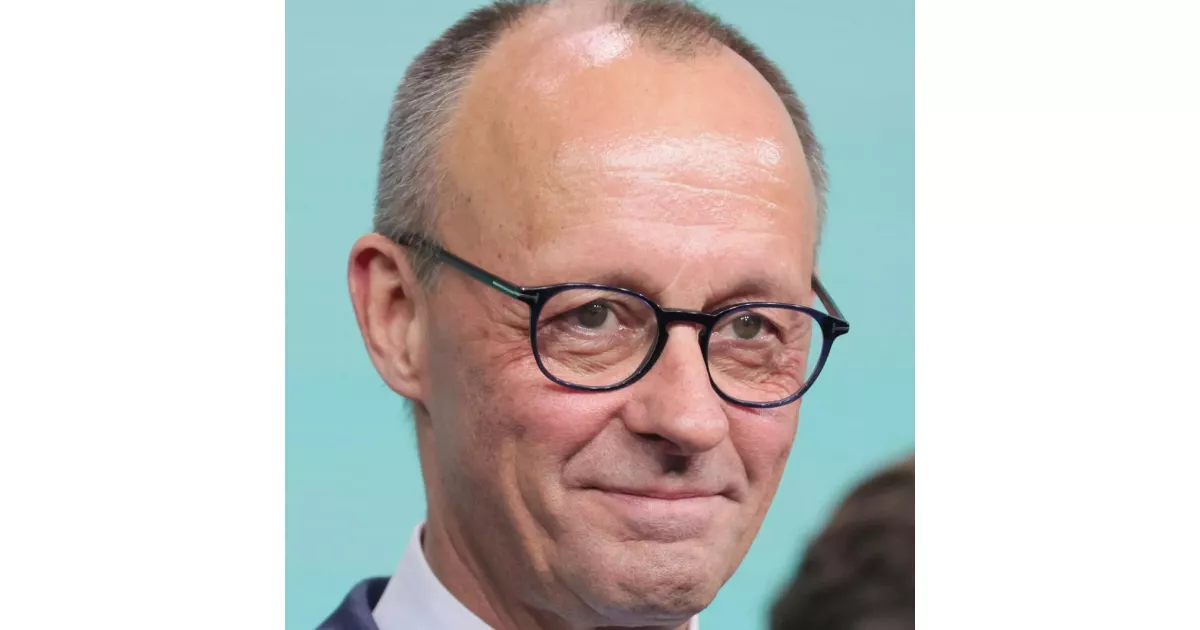Discover the defining moments in the early life of Friedrich Merz. From birth to education, explore key events.
Friedrich Merz is a prominent German politician, currently serving as the Leader of the Christian Democratic Union (CDU) since January 2022. He also led the CDU/CSU parliamentary group and served as Leader of the Opposition in the Bundestag. In September 2024, Merz became the Union's candidate for Chancellor of Germany ahead of the 2025 federal election. The CDU won the most seats, and a CDU/CSU coalition with the SPD was formed, projecting Merz to become Chancellor on May 6, 2025. However, he failed to secure a parliamentary majority in the initial vote, a historic first for a German chancellor candidate.
1924: Father's Birth Year
In 1924, Joachim Merz, Friedrich Merz's father, was born.
1928: Mother's Birth Year
In 1928, Paula Sauvigny, Friedrich Merz's mother, was born.
November 1955: Joachim-Friedrich Merz Born
In November 1955, Joachim-Friedrich Martin Josef Merz was born.
November 1955: Born in Brilon
On 11 November 1955, Joachim-Friedrich Martin Josef Merz was born in Brilon, North Rhine-Westphalia.
1966: Studied at Gymnasium Petrinum Brilon
From 1966, Merz studied at the Gymnasium Petrinum Brilon.
1971: Left Gymnasium Petrinum Brilon
In 1971, Merz left the Gymnasium Petrinum Brilon for disciplinary reasons.
1972: Joined Young Union
In 1972, Merz became a member of the CDU's youth wing, the Young Union.
July 1975: Started Military Service
In July 1975, Merz began his military service.
September 1976: Finished Military Service
In September 1976, Merz finished his military service.
1979: Formed Andean Pact
In 1979, The Andean pact was formed.
1985: Finished Law School
In 1985, Merz finished law school and subsequently worked as a judge and corporate lawyer.
2005: Establishment of Friedrich und Charlotte Merz Stiftung
In 2005, Friedrich Merz and his wife established the Friedrich und Charlotte Merz Stiftung, a foundation supporting projects in the education sector.
2005: New Member of the Andean Pact
In 2005, Merz was described as a new member of the Andean Pact.
2009: Left the Bundestag
In 2009, Friedrich Merz left the Bundestag.
2015: Criticism of Merkel's open border policy
In 2015, during the European migrant crisis, Angela Merkel implemented an open border policy, which Merz later deemed to be a fatal decision.
November 2018: Statement on Same-Sex Marriage
In November 2018, Friedrich Merz said that introducing same-sex marriage in Germany was the right thing to do.
2018: Merz describes himself as a convinced European and transatlanticist
In 2018, Friedrich Merz described himself as "a truly convinced European, a convinced transatlanticist, and a German open to the world", advocating for a cosmopolitan Germany rooted in Christian ethics and the European Enlightenment, with strong alliances with Western democracies.
September 2020: Response to Question About Gay Chancellor
In September 2020, Friedrich Merz stated that sexual orientation is not an issue for public discussion as long as it is within the scope of the law and does not concern children, later clarifying he did not mean to link homosexuality with pedophilia.
2021: Family Home Announced for Sale
In 2021, the Sauvigny House, Merz's mother's family home, was announced for sale.
2022: Merz adopts strong pro-Ukrainian and anti-Russian positions
Following the start of the 2022 Russian invasion of Ukraine, Merz adopted strong pro-Ukrainian and anti-Russian positions, urging Chancellor Olaf Scholz to supply Ukraine with weapons and traveling to Kyiv to meet Ukrainian President Volodymyr Zelenskyy.
April 2023: Merz claims climate change is overrated in political debate
In April 2023, Merz declared that everyone in the CDU takes the issue of climate change very seriously, but claimed that the issue of climate change is overrated in the political debate and that the German population does not see the problem as significant as politicians do. He also denied that time is running out for successful climate change measures.
2023: Merz opposes EU phase-out of fossil fuel vehicles
In 2023, Merz opposed the proposed EU phase-out of fossil fuel vehicles and hybrid vehicles by 2035, stating that the fight for net-zero emissions "must be achieved with technology and open-mindedness, not bans".
October 2024: Merz urges resumption of weapons deliveries to Israel
In October 2024, Merz successfully urged the German government to resume weapons deliveries to Israel, including spare parts for tanks. He also proposed stripping dual nationals of their German citizenship for protesting against Israel.
November 2024: Collapse of Governing Coalition
In November 2024, the incumbent governing coalition collapsed, leading to an earlier election.
December 2024: Merz calls for deportations of Syrian immigrants
In December 2024, Merz called for the deportation of illegal Syrian immigrants to Syria and a freeze on new refugee admissions. As chancellor, he aimed to "regularly deport" people to Afghanistan and Syria.
2024: Merz calls for rejection of asylum seekers at the border
In 2024, Merz advocated for the comprehensive rejection of asylum seekers directly at the border, believing it would deter irregular migration. He also referenced Michael Kretschmer's statement about Germany's integration capacity, suggesting a limit of 60,000–100,000 refugees per year.
2024: Merz criticizes Trump's trade war and calls for independence from America
In 2024, Merz criticized Donald Trump's trade war against Europe and expressed a desire to make Germany "a little more independent from America". He also stated that Germany "must go from being a sleeping middle power to becoming a leading middle power again".
2024: Merz intends to abolish fast naturalization
In 2024, Merz intended to abolish the fast naturalization process implemented by the traffic light coalition, which allowed applicants to obtain German citizenship after three to five years, due to concerns that around 80 percent of applicants for naturalization wanted to keep their first citizenship.
January 2025: Merz on European unity regarding the US
In January 2025, Friedrich Merz stated that Europeans must be united and those who travel to Washington must represent the interests of the whole European Union.
January 2025: Merz calls EU asylum rules dysfunctional
In January 2025, following the Aschaffenburg stabbing attack, Friedrich Merz criticized the EU asylum rules, calling them "visibly dysfunctional", and asserted Germany's right to prioritize national law. He announced plans to implement fundamental changes to the right of entry, asylum, and residence in Germany.
February 2025: Merz suggests nuclear security discussions with France and UK
In February 2025, Merz proposed Germany negotiate with France and the United Kingdom about extending their nuclear umbrella to Germany. He suggested discussions about nuclear sharing or security from the UK and France, potentially applying to Germany. The move to reconvene the old Bundestag were criticized. Merz received international support for the financial package from NATO Secretary General Mark Rutte and EU Commission President Ursula von der Leyen.
February 2025: Merz announces will to invite Netanyahu to Germany
In February 2025, one day after the 2025 German federal election, Merz announced his will to invite Israeli Prime Minister Benjamin Netanyahu to Germany, "as an open challenge" to the decision of the International Criminal Court to issue an arrest warrant for him.
2025: Merz on irregular migration
In 2025, Friedrich Merz identified limiting irregular migration as the most important task following the German federal election.
2025: Advocacy for denaturalization in cases of crime
Weeks before the 2025 election, Merz advocated for denaturalization in cases where individuals with multiple citizenship commit crimes after obtaining German citizenship, which would require an amendment to the basic law.
2035: Opposition to EU phase-out of fossil fuel vehicles
In 2035, Merz opposed the proposed EU phase-out of fossil fuel vehicles and hybrid vehicles, stating that the fight for net-zero emissions "must be achieved with technology and open-mindedness, not bans".
Mentioned in this timeline

Donald John Trump is an American politician media personality and...
Ukraine is a large country in Eastern Europe second in...

Benjamin Bibi Netanyahu is a prominent Israeli politician and diplomat...
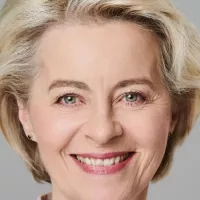
Ursula Gertrud von der Leyen is a prominent German politician...
Germany officially the Federal Republic of Germany is a Western...
China officially the People's Republic of China PRC is an...
Trending

2 months ago Euphoria Season 3: Release date, cast changes, streaming info, and Zendaya's role.
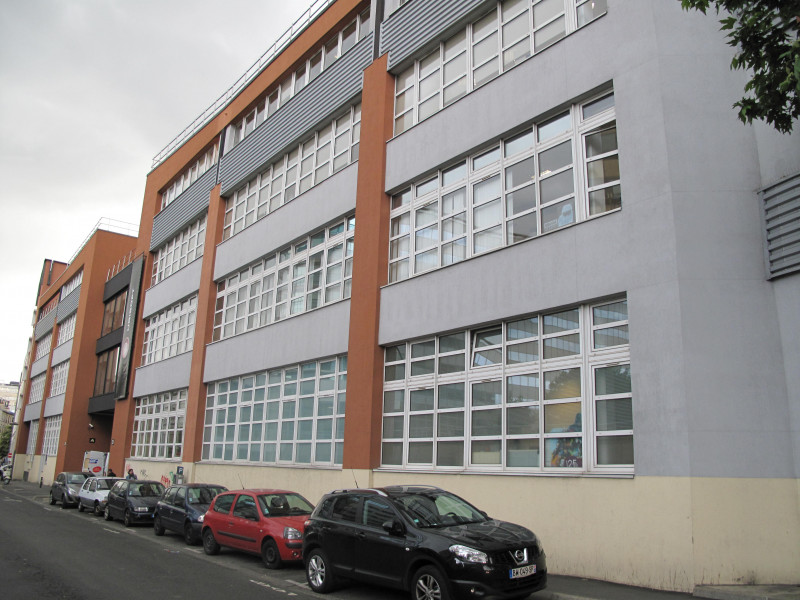
27 days ago Ubisoft's Anno 117 includes AI art placeholder; Fans react negatively.
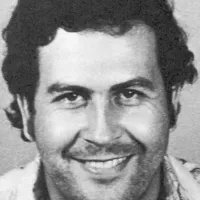
2 months ago Virginia Vallejo, Pablo Escobar's ex, reveals health struggle: Suffered a brutal stroke.

7 months ago Jake Gyllenhaal's 'Othello' Snubbed by Tony Awards Despite Box Office Success with Denzel Washington.
9 days ago World Cup 2026 Draw: Brazil in Group C, France's Path

Maisie Williams is an English actress who gained widespread recognition for her role as Arya Stark in the HBO series...
Popular

Candace Owens is an American conservative political commentator and author...

Ilhan Omar is an American politician currently serving as the...

XXXTentacion born Jahseh Dwayne Ricardo Onfroy was a controversial yet...
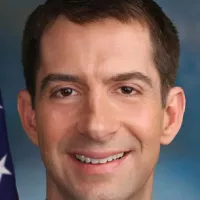
Tom Cotton is an American politician and Army veteran currently...
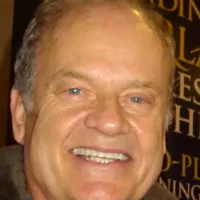
Kelsey Grammer is an accomplished American actor producer and singer...
The Kennedy Center Honors are annual awards recognizing individuals and...
